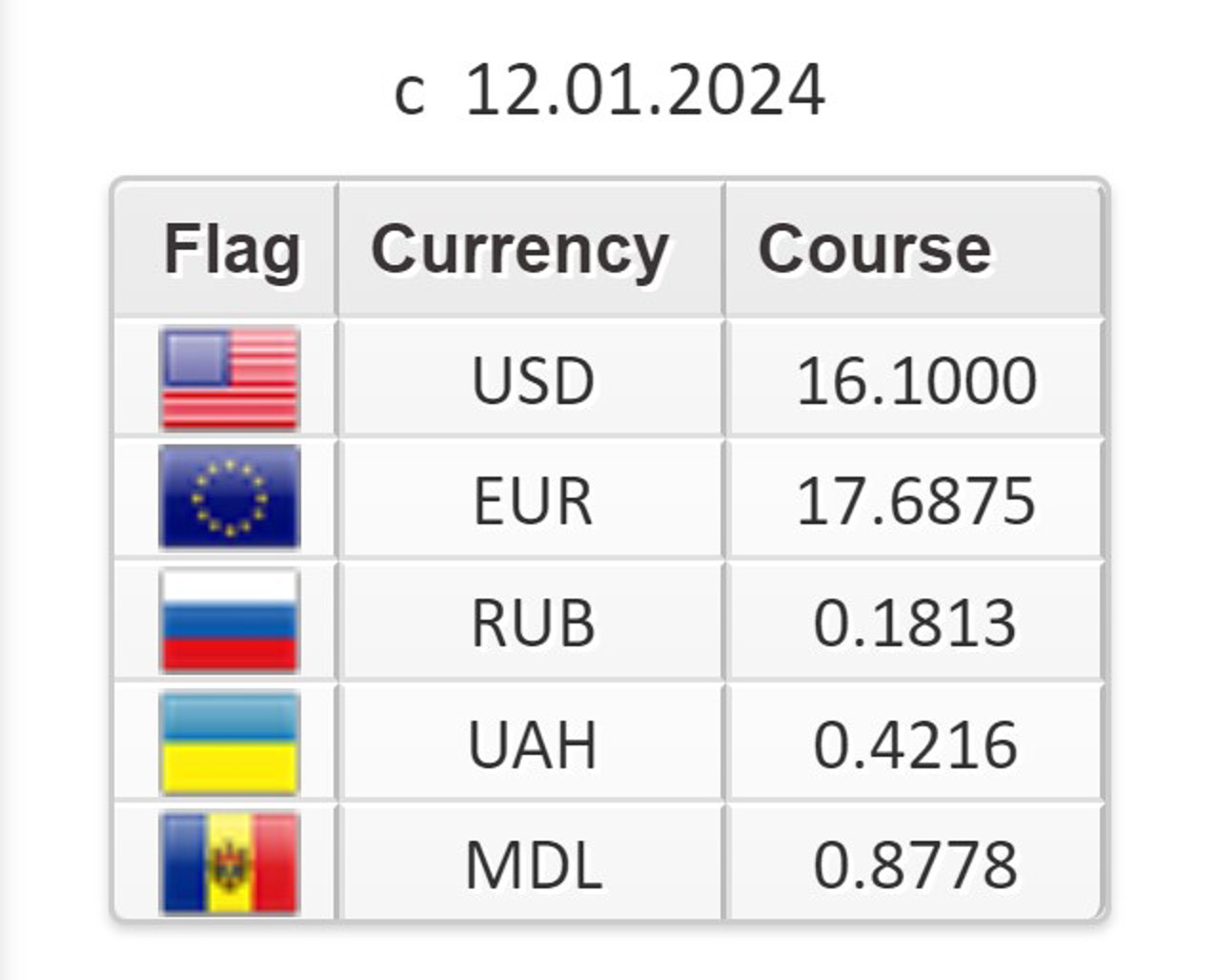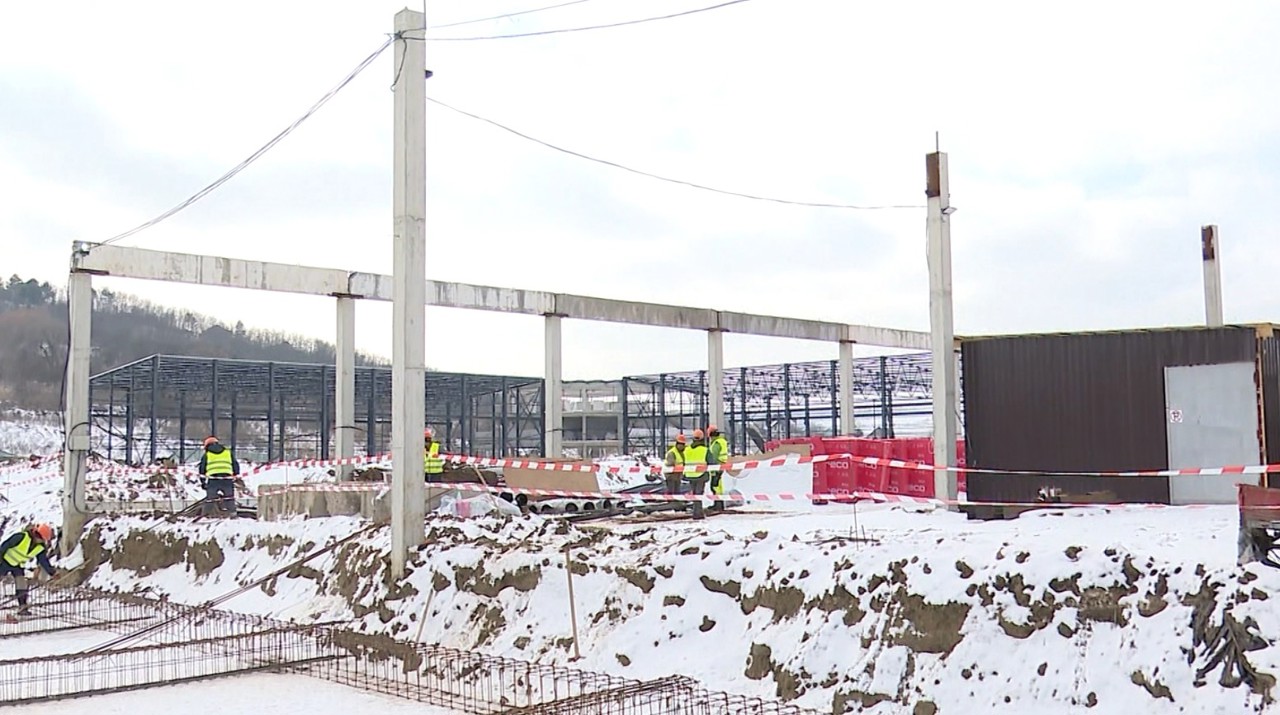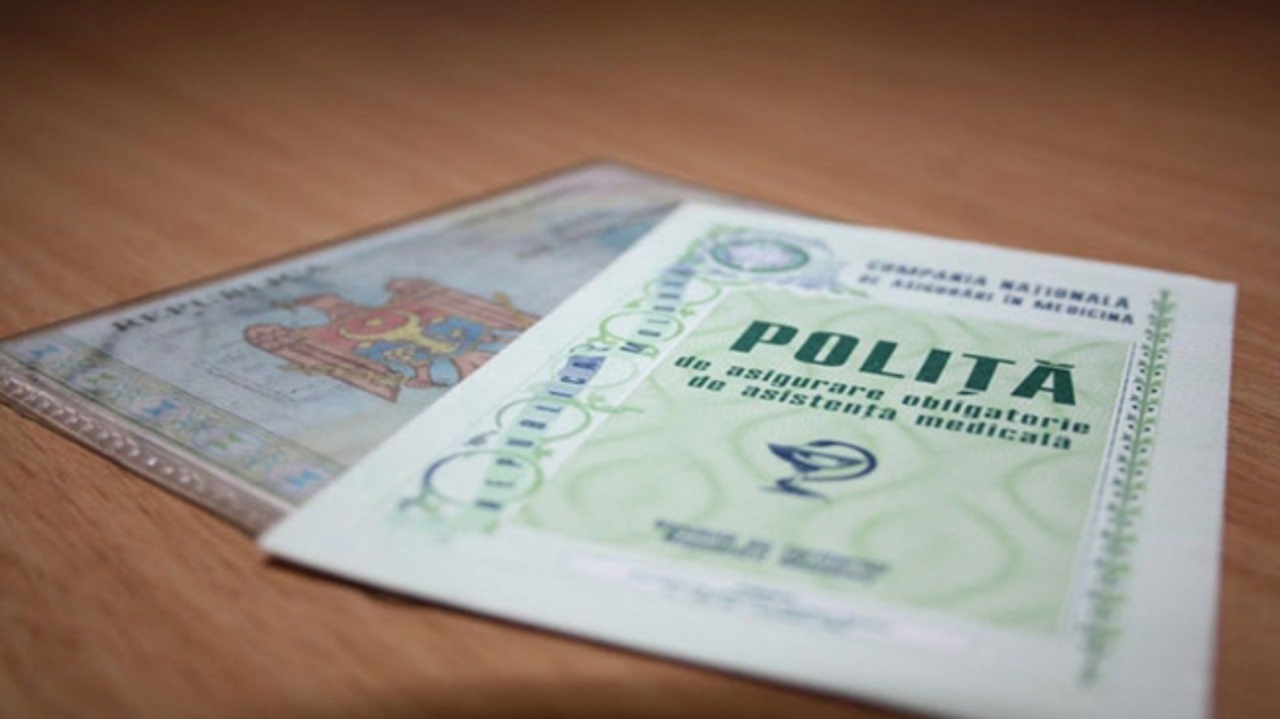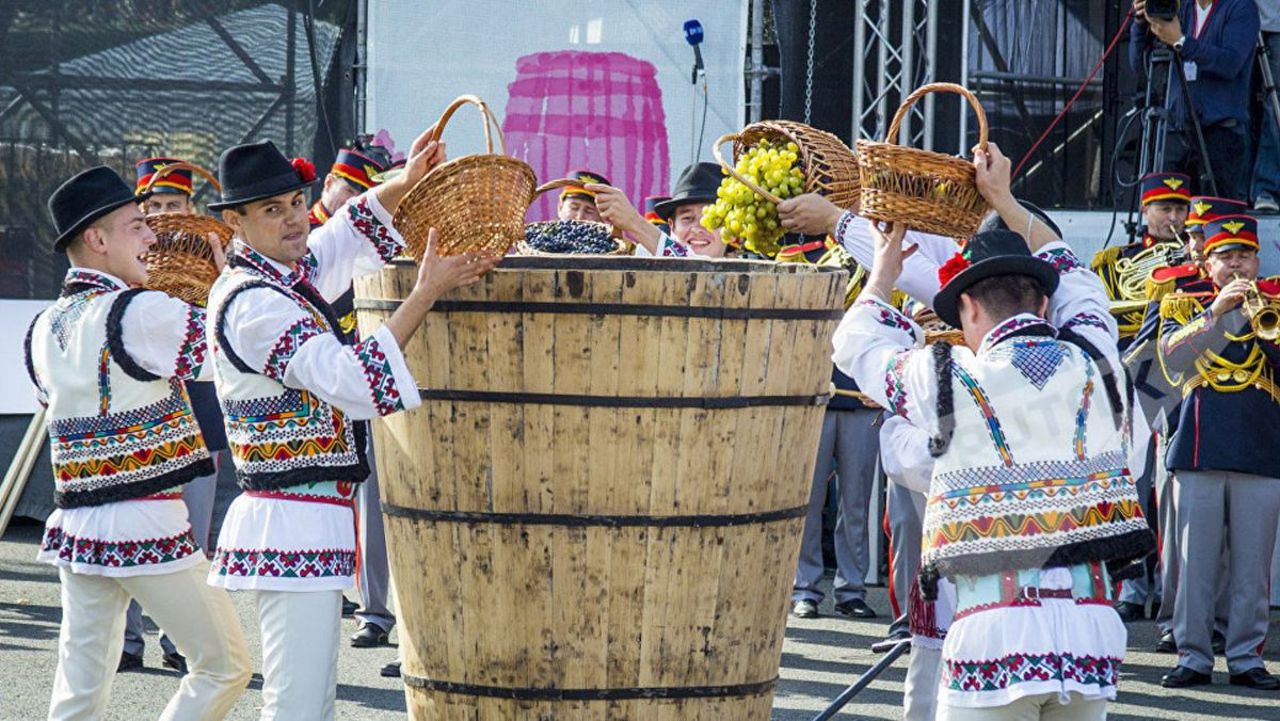Transnistria retaliates against Moldova's customs duties
The Tiraspol regime has reacted angrily to Moldova's introduction of customs duties for businesses in Transnistria on January 1.
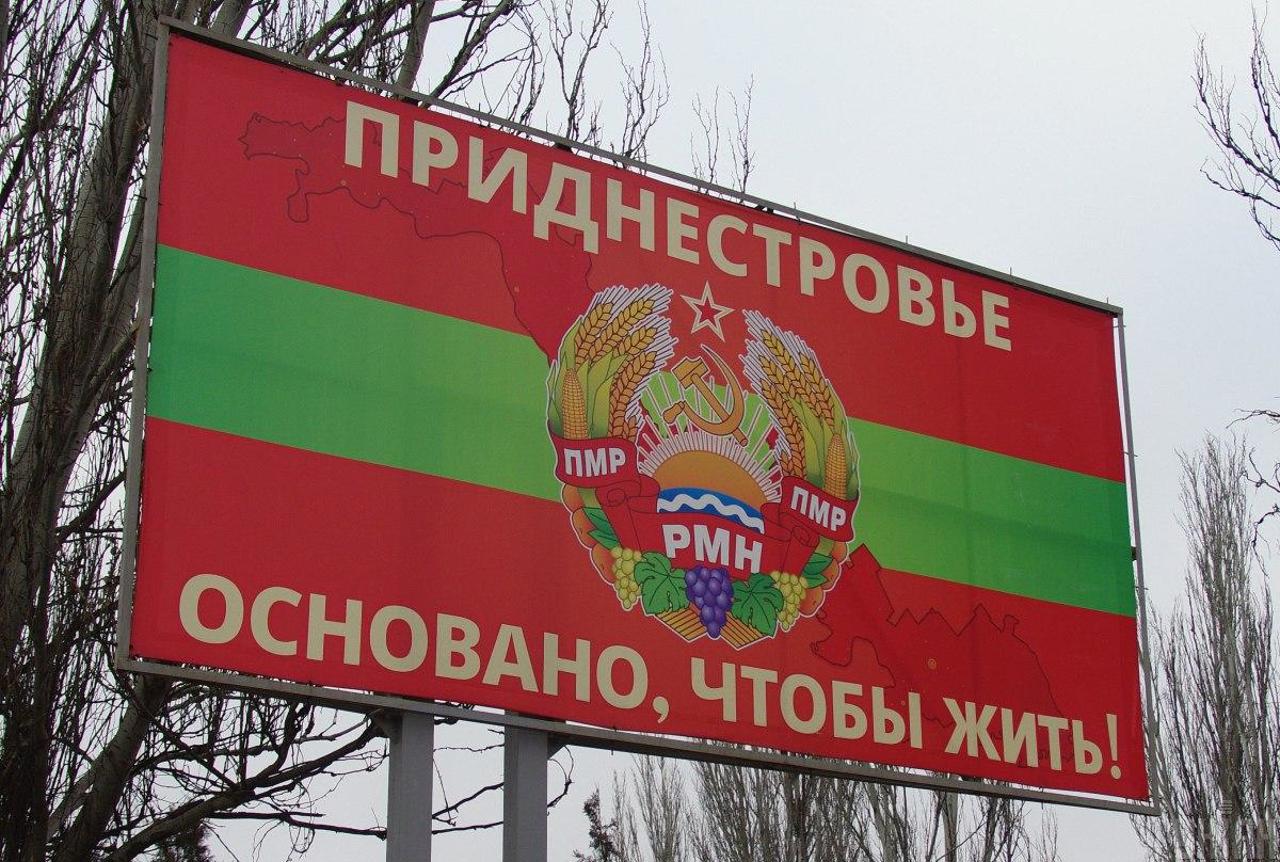
This week, the regime imposed penalties on farmers in Dubasari and raised the price of gas supplied to Romanian schools in the breakaway region. On Thursday, January 11, separatist authorities staged a protest at the Varnita-Tighina administrative border.
Moldova's government does not actually apply customs duties
The Republic of Moldova has free trade agreements with the European Union, the United Kingdom, Turkey, and countries in the Commonwealth of Independent States, from which Transnistria also benefits. Customs duties are actually a tool for protecting the market and are applied mainly to raw materials.
An importer registered on the right bank of the Dniester River pays VAT - 70% of the total taxes, excises - 24%, and only 6% are customs duties. Businesses in Transnistria do not pay VAT or excises. Excisable goods are fuel, tobacco, and alcohol. The figures for unfair competition are as follows: importers on the right bank pay 16 times more than those in the region controlled by separatists.
Separatists spend $1 billion on paramilitary structures
The propaganda in Tiraspol has turned its guns on Chisinau: Customs duties hinder salary increases, headlines the "press" in the region. "Press" is still too generous a word.
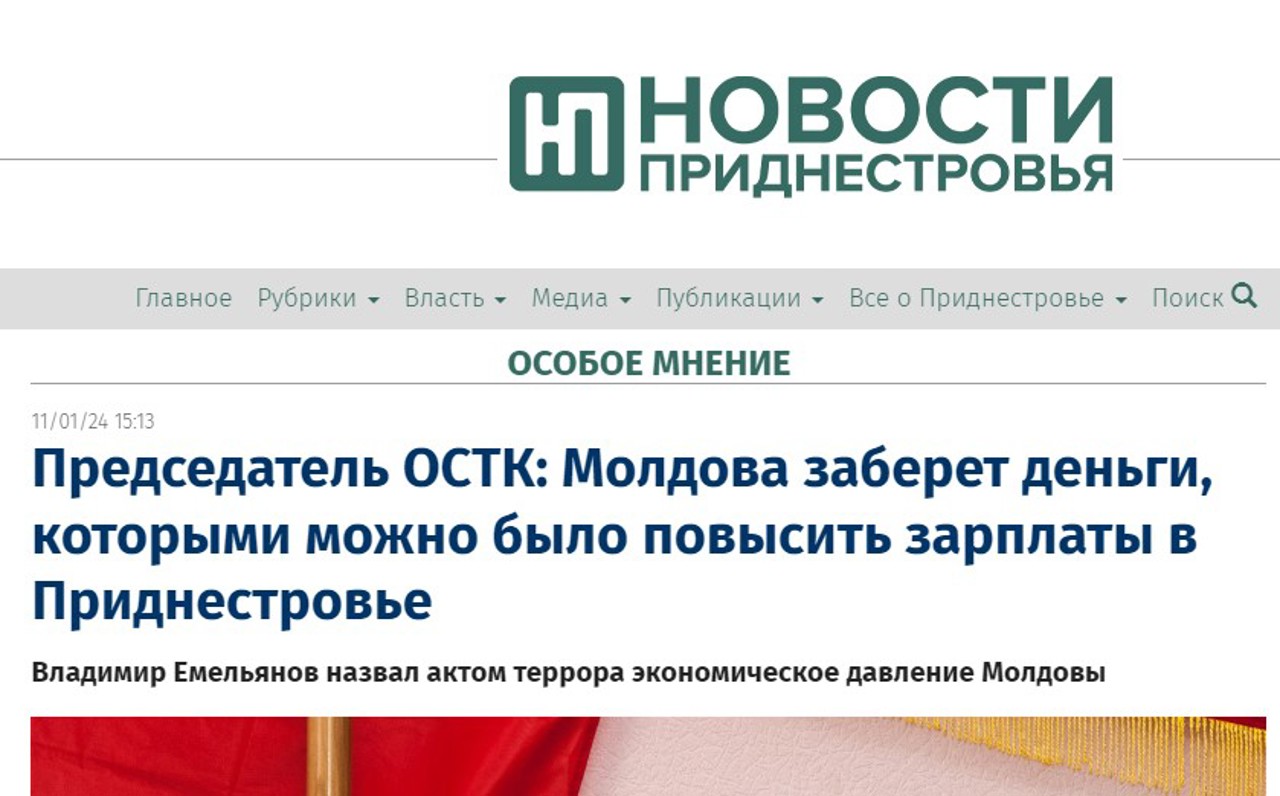
In contrast, the separatist regime has increased spending on paramilitary structures and propaganda in the past two years. As a result, the regime spends 5% of its own budget on the so-called army, another 5% for the militia, and 2% for the MGB, the so-called ministry of security. And the regime's propaganda receives 1%. In total, about 850 million Transnistrian rubles, or, according to the exchange rate set by Tiraspol, about $1 billion.
Translation by Iurie Tataru
